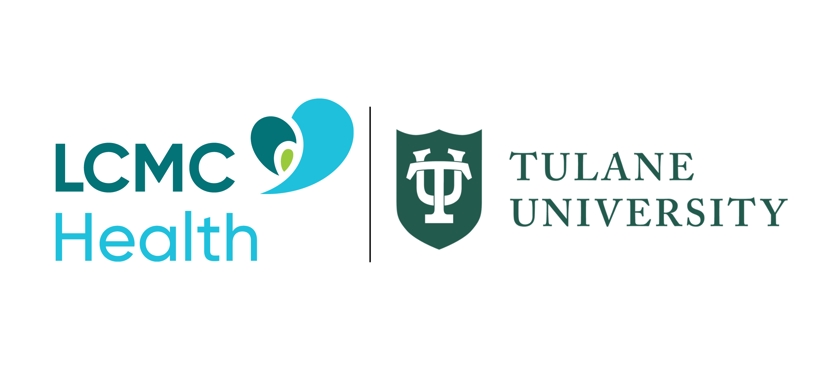Somatic anxiety: when mental health gets physical
- Category: Behavioral Health
- Posted on:

What is somatic symptom disorder?
Somatic anxiety is also called somatic symptom disorder (SSD). “Somatic” means “relating to the body,” as opposed to “relating to the mind.” For example, you could experience severe psychological (cognitive) anxiety due to stress or trauma, and that might affect your body in the form of tense muscles or panic attacks. But that is not somatic anxiety, because the cause of the anxiety is not specifically related to your health concerns.
Anxiety can cause somatic symptoms, and the pandemic has been the perfect storm to increase cases of SSD across the globe. If you or a loved one has been experiencing severe health-related anxiety for six months and has had multiple physician visits during that time, it may be helpful to be screened for SSD.
Somatic symptom disorder is estimated to affect up to 7% of the population, with women much more likely to be affected than men. For most people, it develops before the age of 30, so you may want to watch for symptoms in your children.
Diagnosing somatic anxiety
Although somatic symptom disorder is a mental health problem, it often can be hard to diagnose. People with SSD usually see a primary care provider (PCP) for their somatic symptoms, which often include:
- Pain
- Shortness of breath
- Weakness or fatigue
Some patients may have certain health conditions or have recovered from a serious illness, and their somatic anxiety stems from concerns about getting sicker. Even good test results may not be enough to alleviate concerns.
Managing somatic anxiety
Whether your somatic anxiety is exacerbating an ongoing health condition or not, it can profoundly affect your life—and your wallet, if you are spending a lot of money on medical visits and screenings. If you are diagnosed with SSD by a psychiatrist, your first line of treatment is likely to be cognitive behavioral therapy. This type of talk therapy can help your brain learn to process things differently. Your provider may also recommend the use of antidepressants to help your recovery, although anti-anxiety medications like benzodiazepines are usually not prescribed.
Another part of your recovery is maintaining a close relationship with a PCP whom you trust and can talk with openly about your condition. That relationship will help ensure you receive appropriate and timely medical care.
Consistently seeing one provider on a regular basis allows your health to be better monitored. That way, if symptoms that are not related to your somatic symptom disorder appear, your PCP can notice and help treat them.
Get in touch. People experiencing symptoms of somatic anxiety, or another type of anxiety disorder, are encouraged to contact the behavioral health specialists at LCMC Health.

